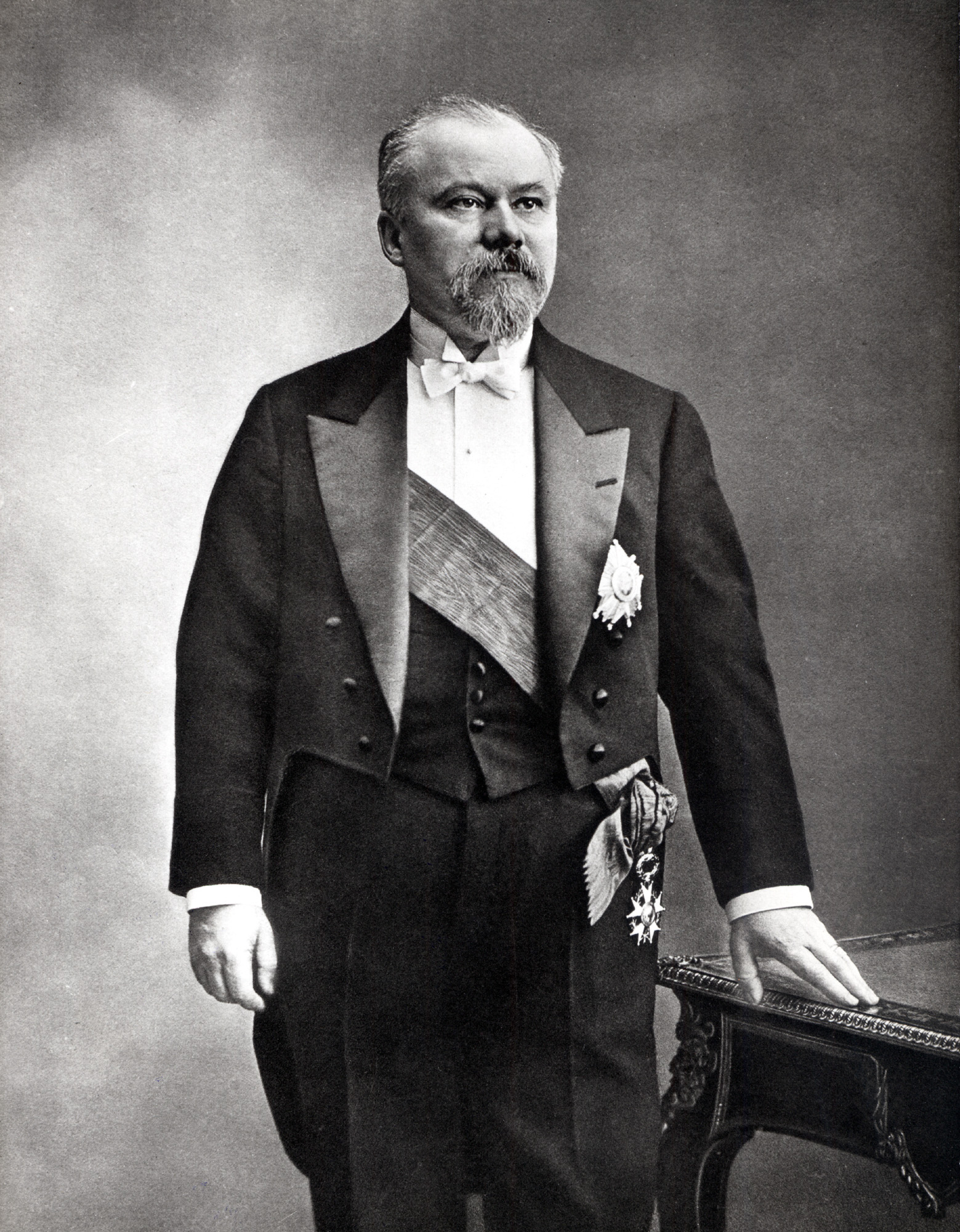
Volume I: From Secretary of State to Imperial Chancellor, 1897-1903, F. Volume III: The World War and Germany's Collapse, 1909-1919, Geoffrey Dunlop He had devoted nearly all of his life to public service, and his work as president during World War I, coupled with his financial acumen as prime minister in later years, established his legacy as a great leader and a man who valued his nation above all else.Memoirs of Prince von Bulow. Poincaré died in Paris on October 15, 1934, at age 74. Citing ill health, Poincaré left office in July 1929, and subsequently refused the offer of yet another term as prime minister in 1930. He acted swiftly to form a new ministry within the week, marking his final term as prime minister. On November 7, 1928, under attack from the Radical-Socialist Party, Poincaré was forced to resign. The April 1928 general elections demonstrated popular support for Poincaré’s party and his role as prime minister. Public confidence soared in the prosperity that followed Poincaré’s handling of the situation. He moved quickly and forcefully to handle the financial situation by cutting government spending, increasing interest rates, introducing new taxes and stabilizing the value of the franc, basing it on the gold standard. In 1926, amidst a serious economic crisis in France, Poincaré was once again asked to form a government and assume the role of prime minister. During the same year, Poincaré’s party suffered a defeat in the general election, and he resigned as prime minister. He studied law at the University of Pairs, was admitted to the bar in 1882 and went on to practice law in Paris.įinally, in 1924, the British and American governments negotiated a settlement that attempted to stabilize the German economy and soften the terms of the reparations.



Raymond Poincaré was born in Bar-le-Duc, France, on August 20, 1860. Citing poor health, he left public office in 1929 and died five years later. During the 1920s, Poincaré took dramatic measures to stabilize the French economy and bring France a period of prosperity.

When Germany defaulted on payments, Poincaré ordered French troops to occupy the Ruhr, an industrial area in western Germany. In the postwar period, Poincaré took a strong stand during the Treaty of Versailles discussions, and urged French premier and negotiator Georges Clemenceau to require stiff reparations be paid to France by Germany for its part in the war. Before the war, he worked to strengthen ties with Great Britain and Russia against the growing threat of Germany. The Treaty of Versailles and German Reparationsįrench statesman Raymond Poincaré (1860-1934) served his country as president during World War I (1914-18) and later as prime minister during a series of financial crises.Poincaré Becomes Prime Minister, then President.


 0 kommentar(er)
0 kommentar(er)
